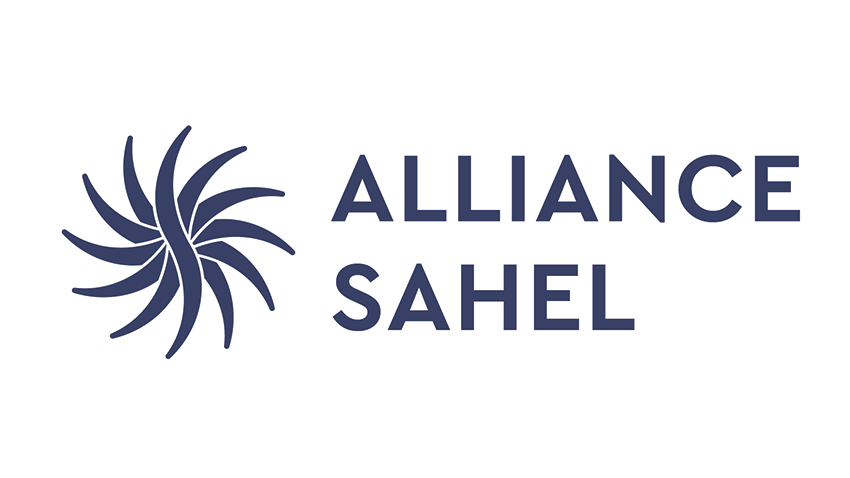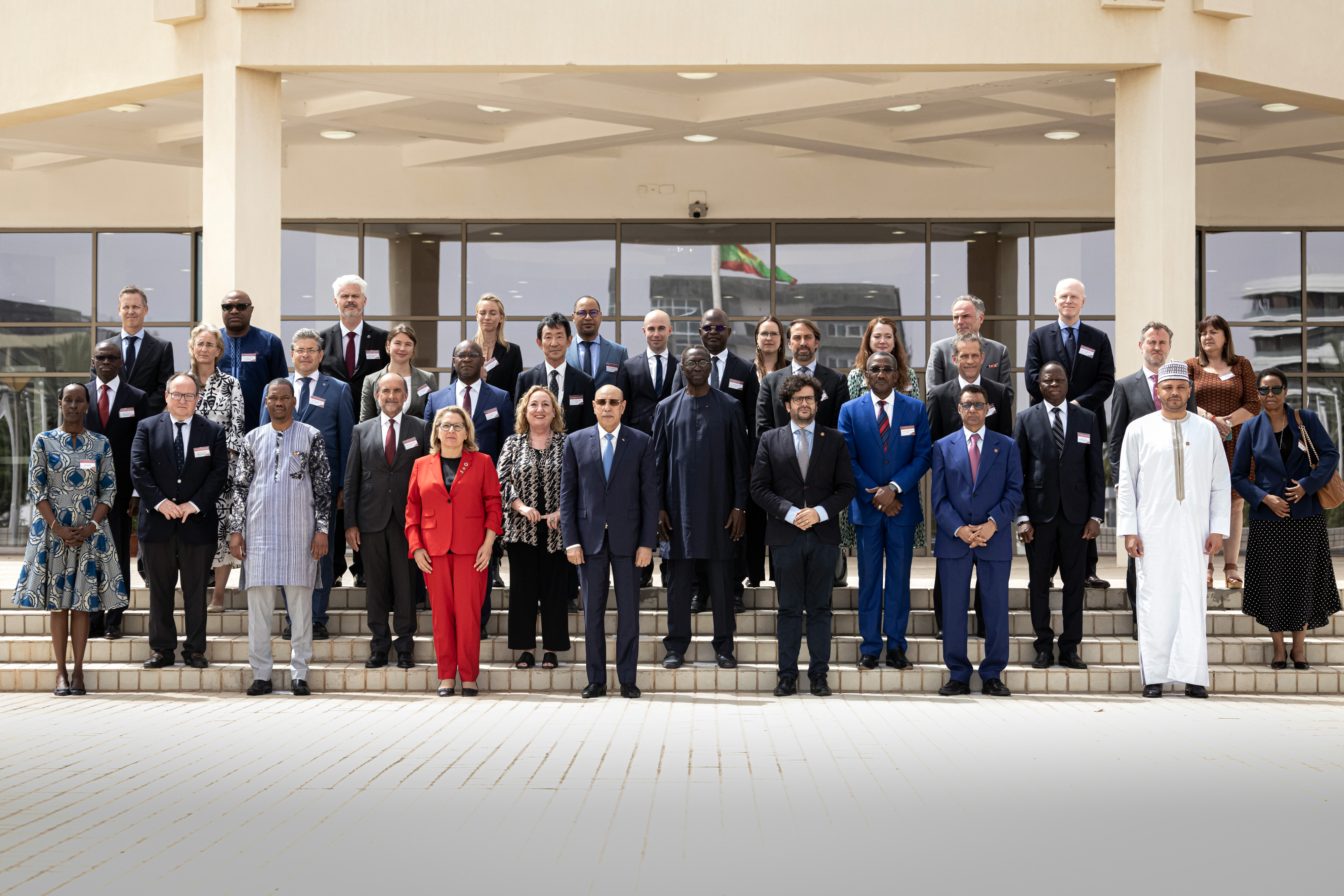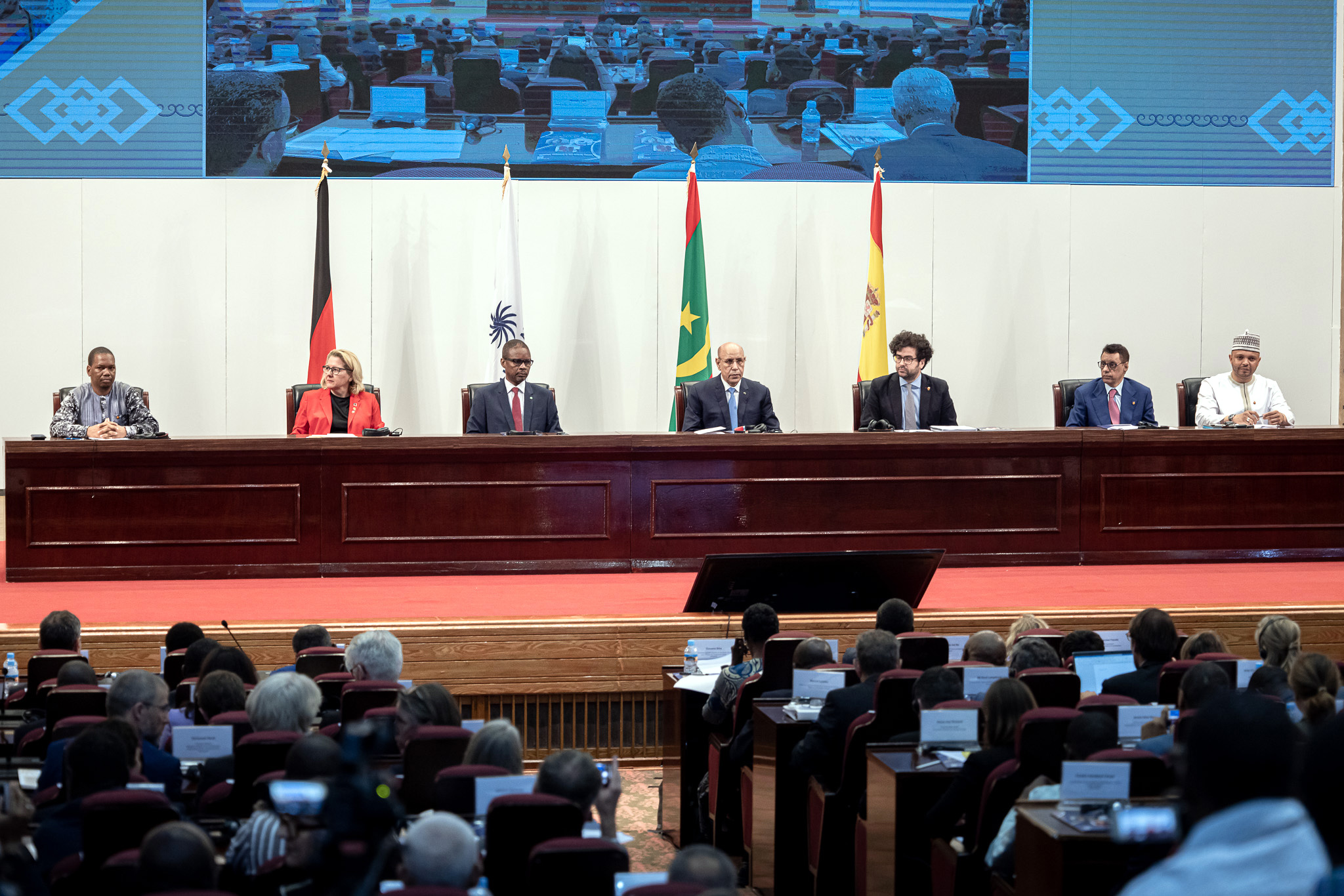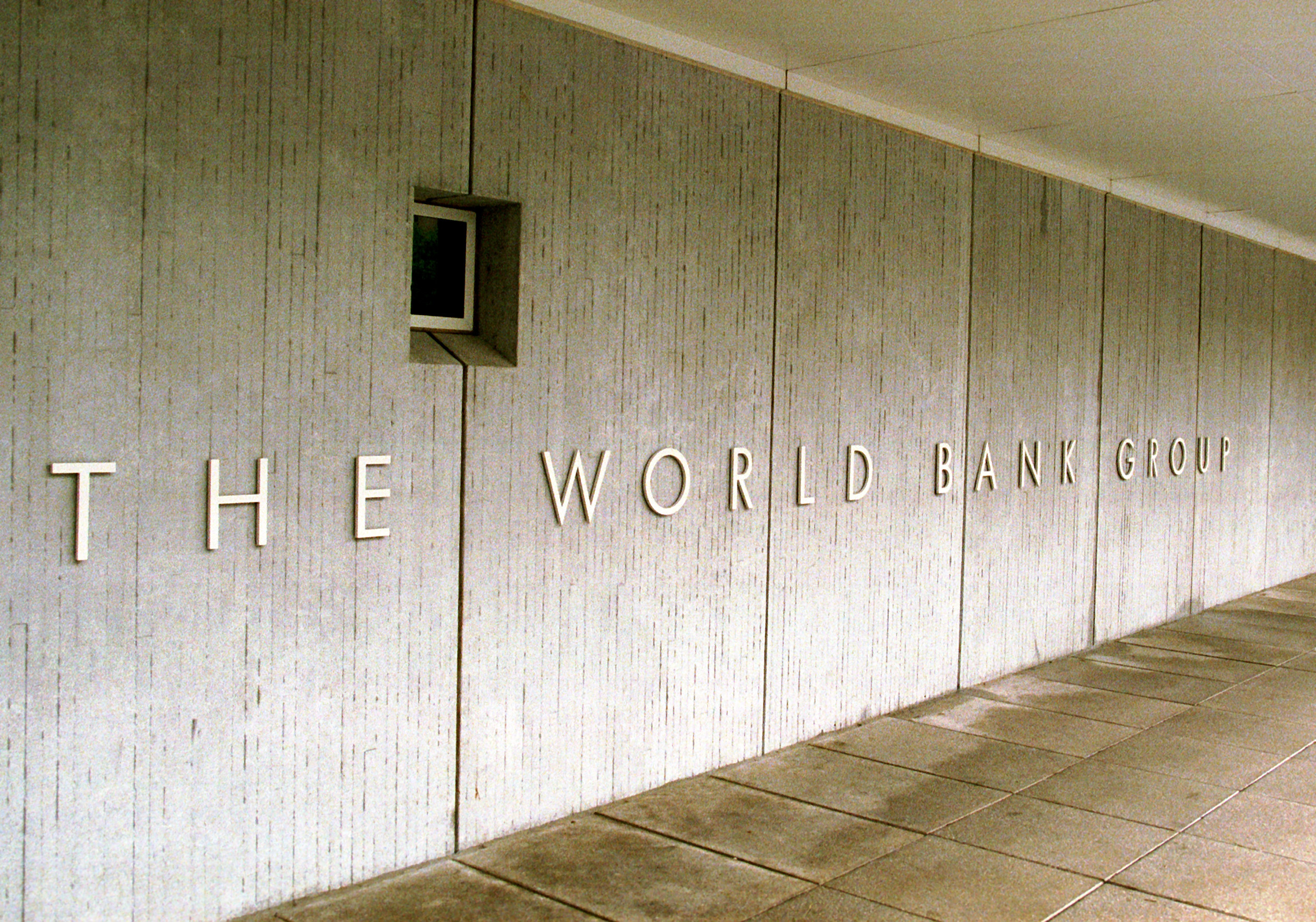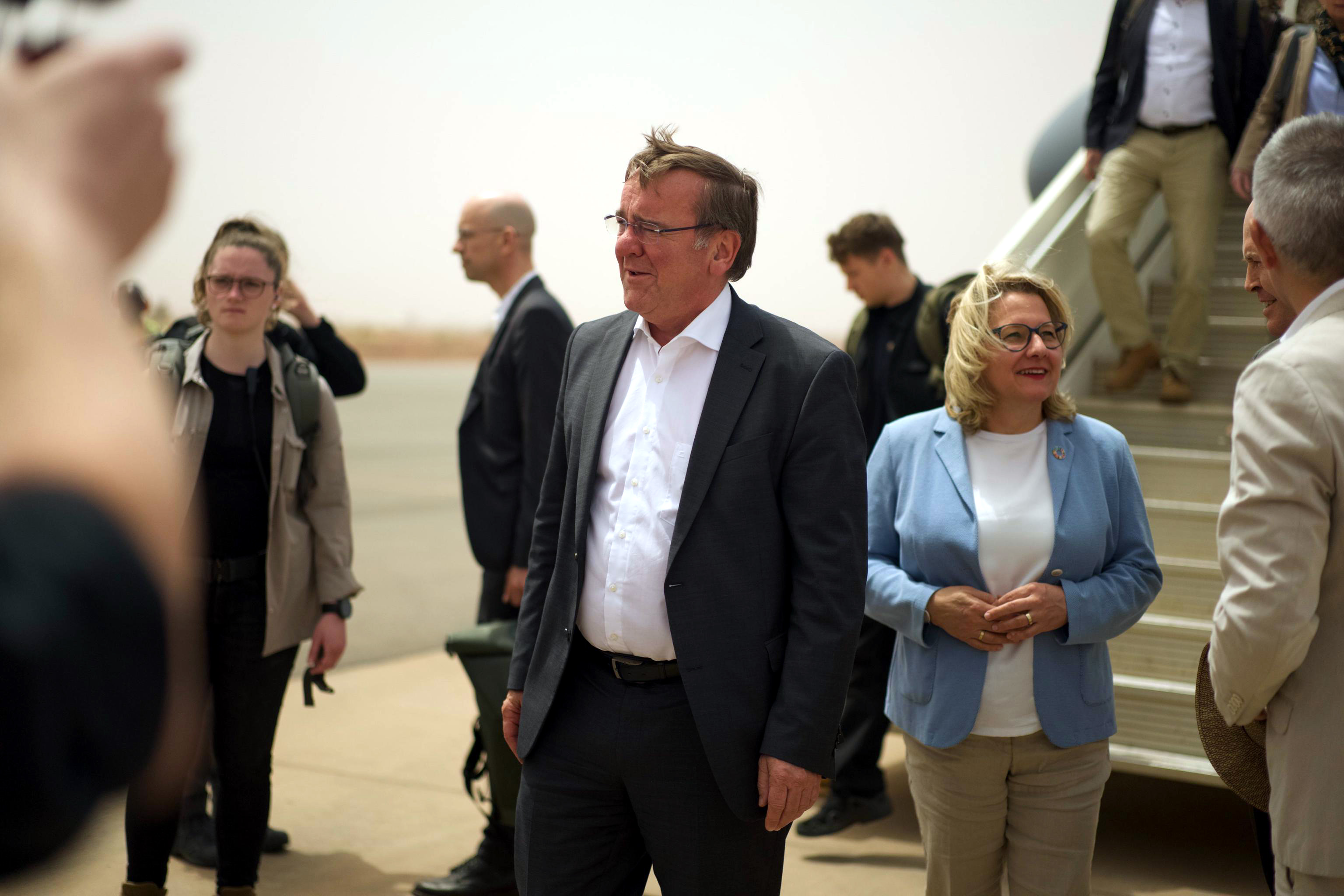Regional cooperation The BMZ’s Sahel Plus Initiative
The cross-border activities of extremist and criminal groups are also putting increasing pressure on the countries adjacent to the Sahel, such as Senegal, Côte d'Ivoire, Ghana, Togo and Benin.
Millions of people in the region have been displaced.
The German government is therefore redirecting its Sahel policy and concentrating in particular on civilian stabilisation measures, tackling the root causes of crises and providing needs-oriented humanitarian assistance.
Many people in the Sahel region end up joining terrorist groups not out of conviction but because they need an income. This is where development policy can be helpful for uprooting terrorism.
The development policy component of the German government’s new Sahel policy is the BMZ’s Sahel Plus Initiative. With this initiative the Development Ministry is taking the entire region into consideration, which means the Sahel countries plus the West African coastal countries Senegal, Côte d’Ivoire, Ghana, Togo and Benin.
The BMZ will concentrate in the Sahel on creating jobs and training places for the region’s young population – in areas like processing agricultural goods, skilled trades in the construction industry or the expansion of infrastructure. The aim is to create alternatives to keep young people from being recruited by extremist groups. In addition, social protection systems will support the weakest members of the population so that they are better able to cope with crises like climate change.
In order to increase the impact of its activities, the German government is relying on strong alliances with local partners and with multilateral organisations.
Germany is also not shying away from taking on political responsibilities. On 10 July 2023, Minister Svenja Schulze took over the Presidency of the Sahel Alliance. She wants to focus her presidency on changes that will make sustainable and tangible improvements in the situation of the people in the Sahel.The Sahel Alliance coordinates the support given to the region by 18 countries and organisations.
As at: 08/09/2023

